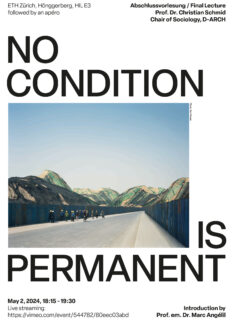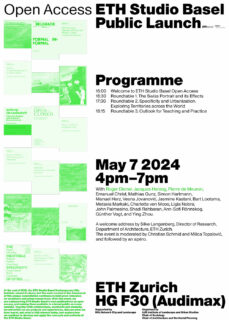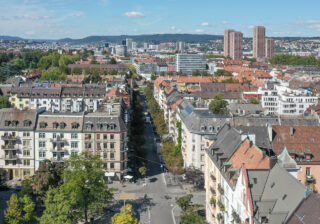Sehr geehrte Lesende
Mobilität und Transport-Infrastruktur begegnet uns jeden Tag. Wir stellen uns die Zukunft velozentriert vor, finden eine Revolution im Bahnverkehr sei unwahrscheinlich und testen den Stress, den auch Transportsysteme manchmal haben.
Wir wünschen viel informatives Lesevergnügen!
Ying-Chuan Ni | Traffic Engineering, Dr. Anastasios Kouvelas
Allocating dedicated road space to slow modes is considered an effective way toward a radical modal shift. By exploiting traffic flow theoretical knowledge, convenient models can be developed to help evaluate the influence of such a large-scale transformation on network traffic performance. Novel strategies for bi-modal urban traffic management can also be proposed to solve congestion.
Mehr
Michael Nold, Francesco Corman | Transport Systems
Many aspects contribute to the further development of the technologies, but no single game changer could be identified. Developments are expected in automation; revolutionary changes are perceived as unlikely.
Mehr
Hossein Nasrazadani, Bryan T. Adey | Infrastructure Management
Transportation systems are vital for economic and social development, yet are susceptible to disruptions caused by natural hazards, especially considering the adverse impacts of climate change on increasing the intensity of frequency of climatic hazards. To manage these risks effectively, stress testing, as a diagnostic tool, has shown promise.
Mehr
Maarten van Strien | Planung von Landschaft und Urbanen Systemen, Prof. Dr. Adrienne Grêt-Regamey
Der Verkehr auf ländlichen Strassen ausserhalb der Städte kann erhebliche negative Auswirkungen auf die Ökologie und Umwelt von Natur- und Agrarlandschaften haben. Der Umfang dieser Auswirkungen kann jedoch nicht bestimmt werden, da in vielen Ländern keine Daten zum Verkehrsvolumen auf ländlichen Strassen verfügbar sind. Deshalb haben wir einen Datensatz zum ländlichen Strassenverkehr auf allen wichtigen ländlichen Strassen für mehrere Zeitschritte entwickelt.
Mehr
Institut für Raum- und Landschaftsentwicklung (IRL)
Damian Jerjen ist zurzeit Direktor des Schweizer Verbands für Raumplanung EspaceSuisse sowie Dozent an der ETH Zürich und weiteren Schweizer Hochschulen. Der Ökonom und Raumplaner ist unter anderem Mitglied des Rats für Raumordnung. Mit EspaceSuisse unterstützt und vernetzt er schweizweit Akteure der Raumplanung und engagiert sich im Netzwerk Raumentwicklung. Er ist Dozent sowie als Mitglied des Beirats des MAS Raumplanung der ETH Zürich. Er beteiligt sich weiterhin an der Curriculumsentwicklung des Masterstudiengangs. Start: Anfang April 2024.
Tzu-Hao Yan, Mariana De Almeida Costa, Francesco Corman
On-Board Monitoring techniques, defined as using commercial trains to monitor the track status, have garnered much attention recently. While data come in relatively low quality, OBM is a low-cost and efficient alternative to traditional monitoring methods. Thus, funded by the ETH Mobility Initiative project OMISM, this study checks the viability of applying such data in several prediction models.
Dies ist eine Auswahl. Eine vollständige Liste finden Sie in der ETH Zürich Research Collection.
Katrin Hofer, Michael Wicki, David Kaufmann
Public participation in local development is an integral part of democratic agendas across the world. Yet not much research specifically focuses on people’s perspectives of participation, especially among underprivileged populations.
Mehr
Alexander Genser, Michail A. Makridis, Kaidi Yang, Lukas Ambühl, Monica Menendez, Anastasios Kouvelas
Recently, efforts have been made to standardize signal phase and timing (SPaT) messages. These messages contain signal phase timings of all signalized intersection approaches.
Mehr
Ping Huang, Jingwei Guo, Shu Liu, Francesco Corman
Explaining train delay propagation using influence factors (to find the determinants) is essential for transport planning and train operation management.
Mehr
Johann S. Schuur, Michal Switalski, Nicolas Salliou, Adrienne Grêt-Regamey
Growing urban population and contemporary urban systems lock-in unsustainable urban development pathways, deteriorating the living quality of urban dwellers. The systemic complexity of these challenges renders it difficult to find solutions using existing planning processes.
Mehr
Weiterbildung / Studiengänge
Bewerbung bis 15. Juli 2024 | Start: Herbst, Dauer: 6 Monate.
Das CAS «Zukunft der Raumentwicklung» vermittelt zeitgemässe Themen und Werkzeuge für den Umgang mit Unsicherheiten und Komplexität.
Mehr
CAS#2 Beyond Systems Thinking. Applications: 11 March to 7 April 2024, Duration: May-September 2024.
The new MAS in Regenerative Systems (DRRS) is a systemic programme for designerly enacting complex systems in a highly innovative didactic setting.
Mehr
Application: Mid-December 2023 – 30 April 2024.
The MAS UTD deploys the urban and territorial project as the crucial field of knowledge production across scales, based on social and environmental equity and justice and a deeper understanding of the cultural and ecological dimensions of territories.
Mehr
Applications: 1 January – 30 April 2024.
This programme aims at contributing to finding solutions to the challenges of housing construction in Switzerland, Europe, and low and middle-income countries worldwide through high-level multidisciplinary training and research.
Mehr
Applications until 30 April for autumn 2024.
The Master‘s degree programme in Landscape Architecture is aimed at students with a Bachelor‘s degree in architecture or landscape architecture from a university or Swiss University of Applied Sciences with at least 180 ECTS or equivalent.
Mehr
Dies ist eine Auswahl. Alle Artikel finden Sie auf der Seite Aktuell.
16 April 2024, 18:30 | Zürich, Langstr. 200, L 200.
Mehr
30. April – 16. Mai 2024 | Plakatausstellung | ETH Zürich, Hönggerberg, HIL D Foyer.
17. Mai – 30. Mai 2024 | ETH Zürich, Zentrum, HG E 4.
Mehr
New date will be announced asap | Seminar | ETH Zürich, Zentrum, ML F38.
Mehr
2 May 2024, 18:15–19:30 | ETH Zürich, Hönggerberg, HIL E3.
Mehr
7 May 2024, 16:00–19:00 | with Apéro | ETH Zürich, main building, HG F30 Audimax.
Mehr
24. Mai 2024, 09:00–17:00 (Anmeldeschluss 13. Mai) | ETH Forum Wohnungsbau | ETH Zürich, Zentrum, Auditorium Maximum (HG F 30).
Mehr
24. September 2024, 18:15–19:15 | Öffentliche Führung | Zürich, Kreis 3.
Mehr
4 – 6 September 2024 | ETH Zürich, Hönggerberg, HIL E3 and HIT.
Today’s design reflects a car-oriented consensus, which was formulated between the 1930’s and 1950’s and adopted around the world since then. The climate crisis challenges this orientation and asks for designs that emphasize micro-mobility. The three days between September 4th and 6th bring together experts, students, and the general public to think about how such a future could look. Talks, discussions, and interactive workshops offer the chance to learn together how to overcome the hurdles facing a climate-friendly environment.
Mehr
Video now online! (click here or directly on the keynote titles)
The colloquium investigated the relationship between the design and maintenance of living systems, seeking to cultivate practices, terminology, and theoretical insights into approaches that attempt to maintain otherwise.
Mehr
Redaktionsteam
Silvia Converso, Institut für Landschaft und Urbane Studien (LUS), Landschaftsarchitektur
Claudia Gebert & Noelle Paulson, Koordinationsstelle NSL, Chefredaktion
Viera Klasovitá, Institut für Verkehrsplanung und Transportsysteme (IVT)
Klearjos Papanicolaou, Institut für Landschaft und Urbane Studien (LUS), Städtebau
Maarten Van Strien, Institut für Raum- und Landschaftsentwicklung (IRL)
Jan Westerheide, Institut für Landschaft und Urbane Studien (LUS), Städtebau
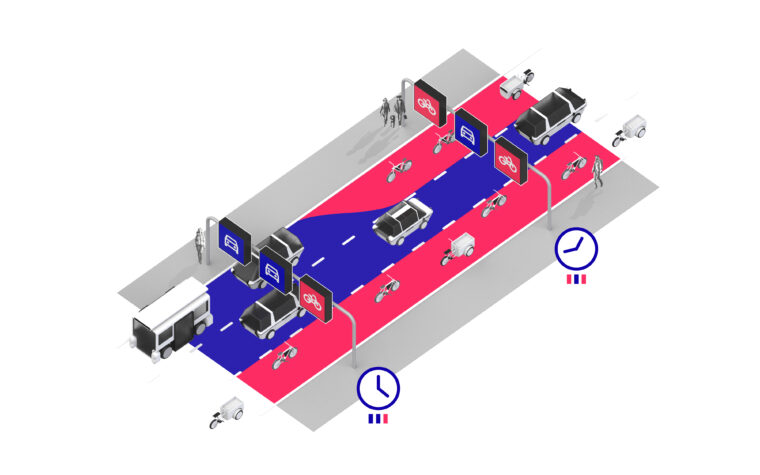
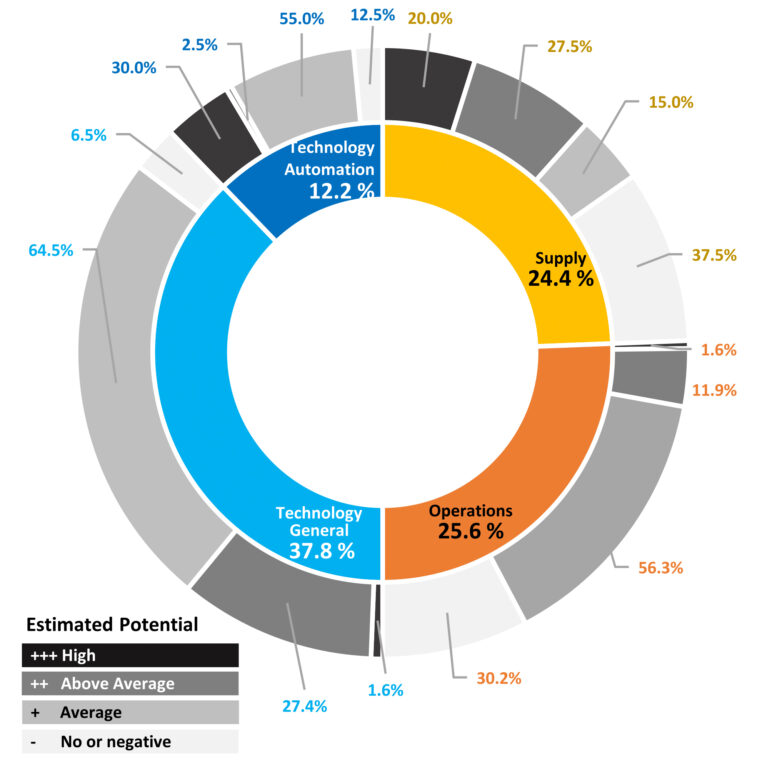
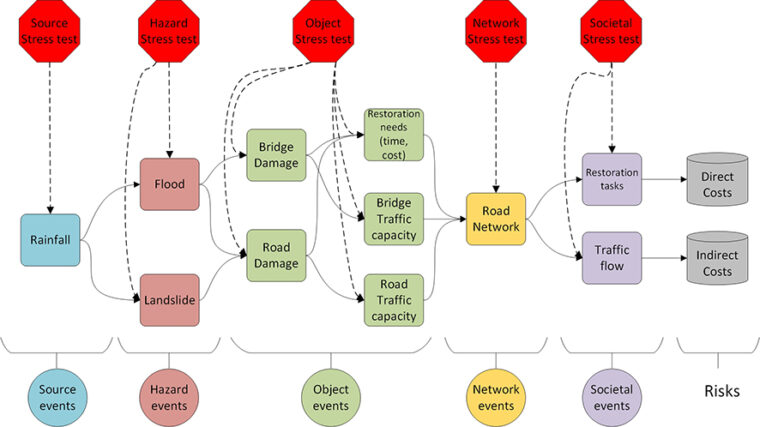
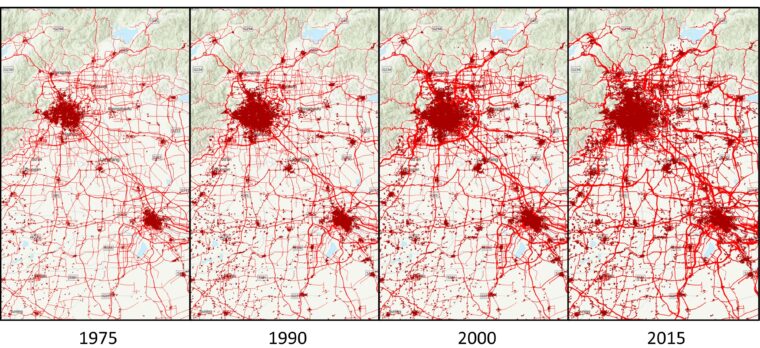


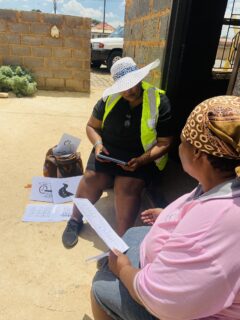
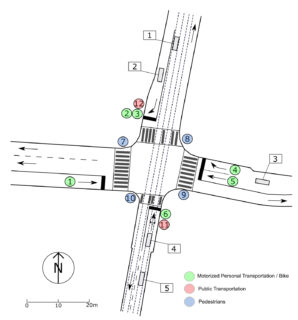
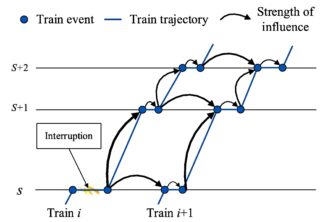
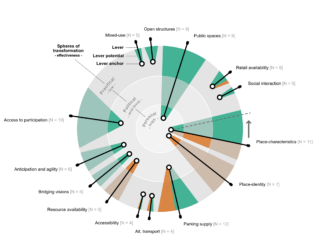
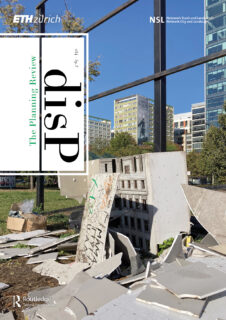
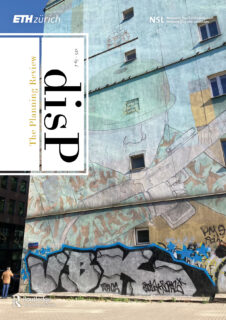
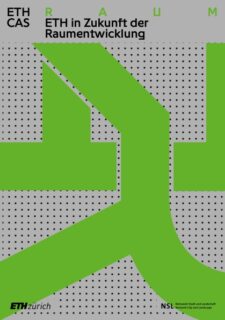
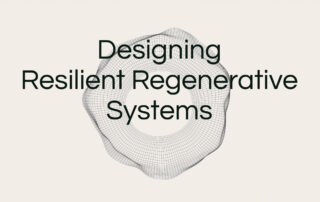
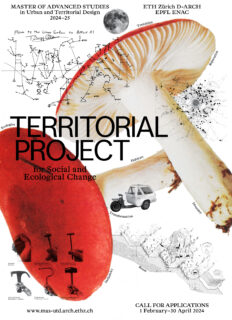
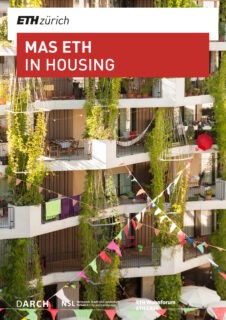
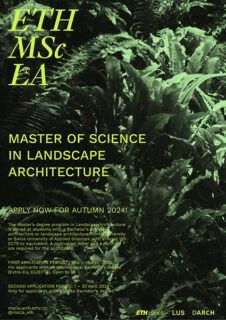
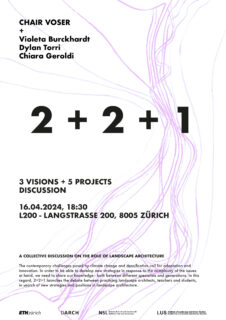
-320x180.jpg)
